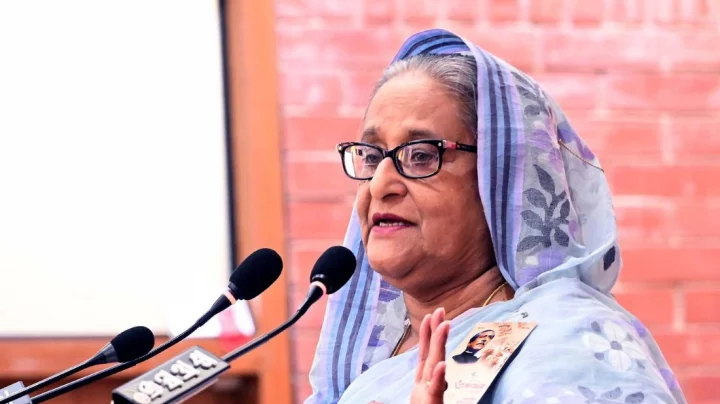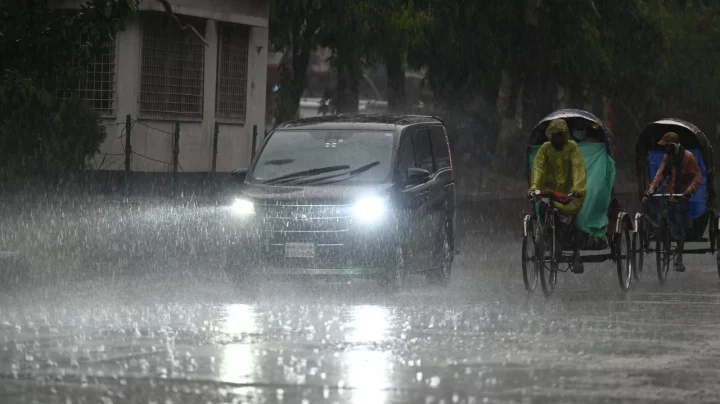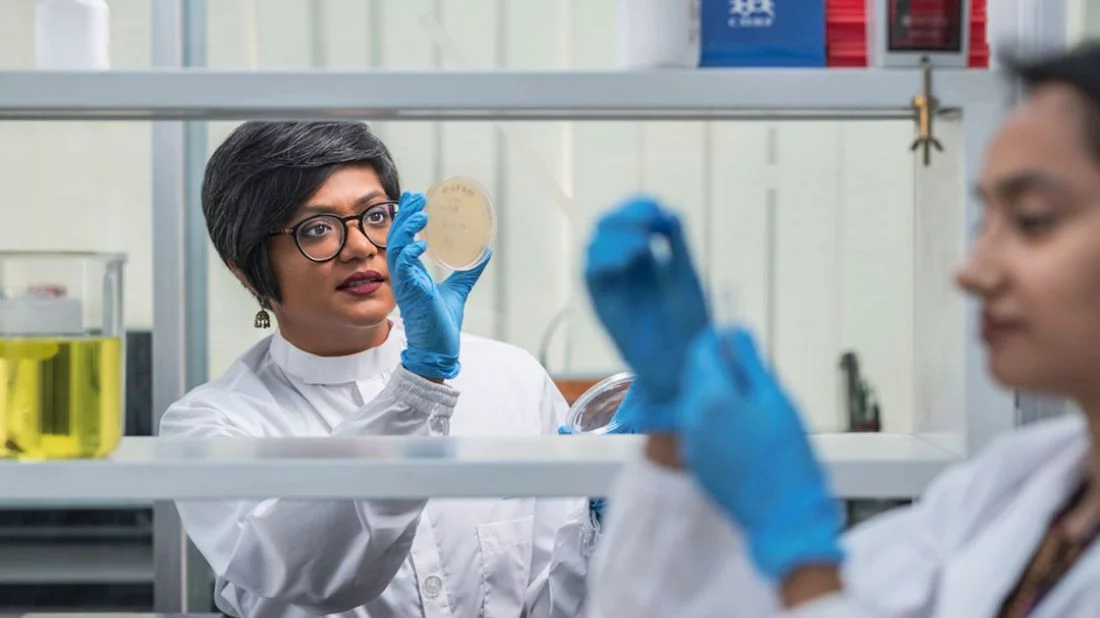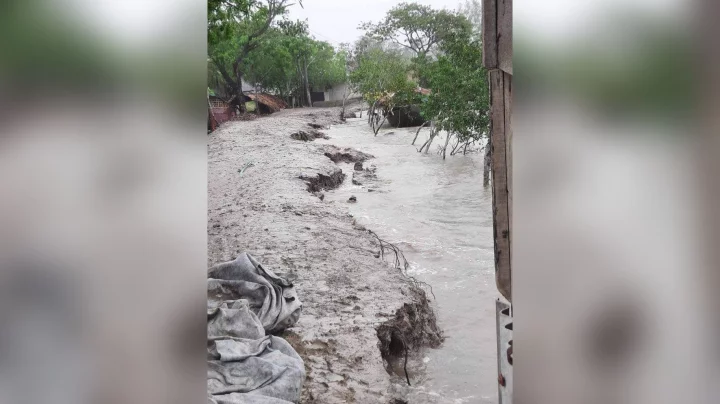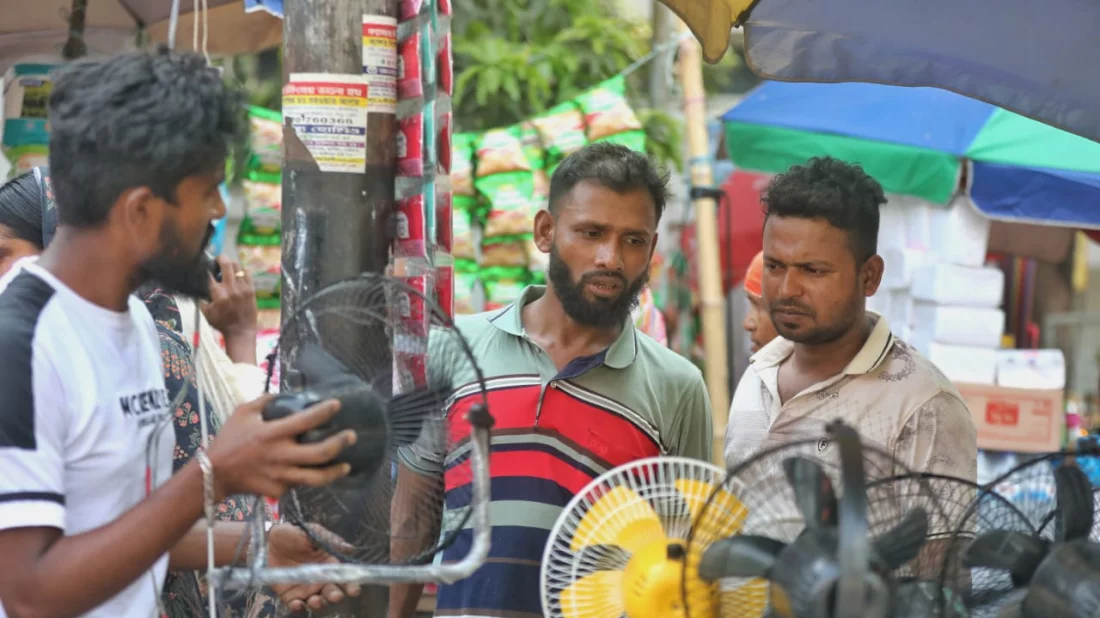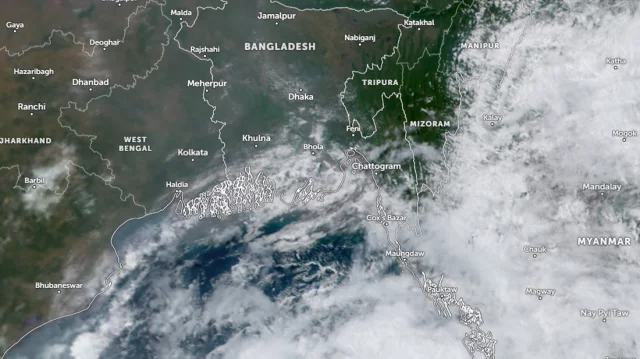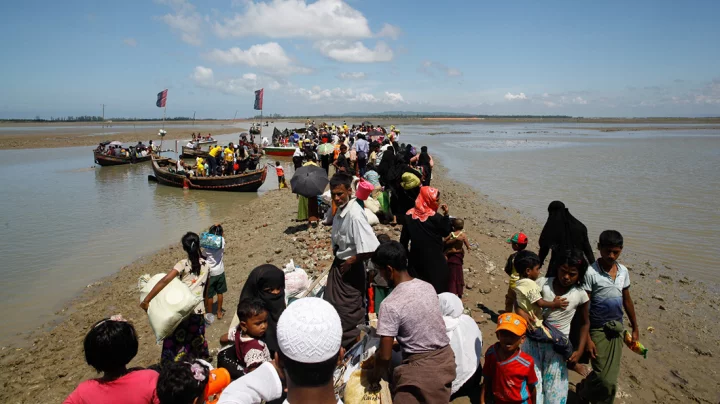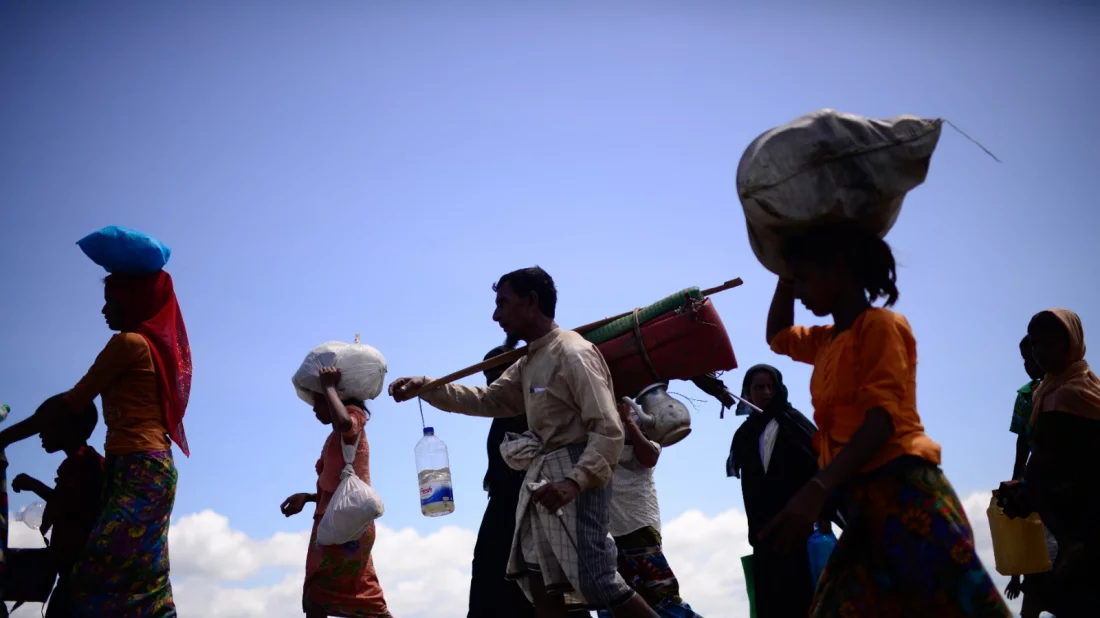
The registration of Rohingyas in Bangladesh, who have been displaced from Myanmar, is crucial for managing their population and ensuring their rights, according to local officials as well as international organizations.
Amid allegations of Rohingyas obtaining Bangladeshi documents, continuous and accurate registration is vital, which helps maintain order, facilitates aid distribution and supports potential repatriation efforts.
Seven years on…
The saga of the Rohingyas, who were forcibly displaced and entered Bangladesh seven years ago, seems to have no end. With millions of Rohingyas settling overnight across Ukhiya and Teknaf, conflicts with locals began to unfold from the very start. Some claim that Rohingyas are blending in with the general population outside the camps. Others allege that for a small fee, Rohingyas are obtaining Bangladeshi birth certificates.
Media reports have even surfaced about Rohingyas coming by Bangladeshi national identity cards and obtaining passports. Human rights activists say confining such a large population in one area does not guarantee they will stay there for years as it is natural for them to try to integrate into normal life. Meanwhile, international organizations stress the importance of ensuring registration and regular monitoring, which is a continuous process.
The Office of the Refugee Relief And Repatriation Commissioner says there is no alternative to repatriation, adding that Rohingyas should be kept within limited facilities and mentally prepared for returning to their homeland. If the plan of blending with the local population is implemented, it could lead to major problems, it fears.
Not all the allegations against Rohingyas are entirely inaccurate either. On June 11, the High Court sought a count of how many Rohingyas had been included in the voter list nationwide, asking for a report by August 8.
The order came after Mohammad Hamid, a resident of Eidgaon union in Cox's Bazar, challenged the legality of publishing the election schedule for the Eidgaon union council without excluding the names of Rohingyas from the voter list. His lawyer, Siddique Ullah Mia, mentioned that since 2016, there had been allegations of powerful individuals, including the chairman of the union council, helping create fake documents for Rohingyas, granting them birth certificates, voter IDs and citizenship certificates.
In that union alone, at least 370 Rohingyas have reportedly received birth certificates and voter IDs since 2016.
NGOs are concerned that if Rohingyas leave the camps illegally like this, it will distort their actual numbers.
Rohingya influx into Bangladesh
Rohingyas have been fleeing to Bangladesh for nearly five decades due to persecution in Myanmar, their homeland. Each wave of violence in Myanmar pushes them to cross the border in fear for their lives.
While making them return is not always possible for humanitarian reasons, international pressure also sometimes forces the authorities to allow entry.
Currently, an average of 100 children are born daily in the Rohingya camps, raising questions about their actual number since their largest exodus in 2017.
Ensuring registration
The first task after the arrival of the Rohingyas in 2017 was to ensure their registration. To maintain law and order and facilitate the repatriation process, the administration confirmed their identity by using a biometric system. Border Guard Bangladesh (BGB) and the army carried out this registration under the supervision of the Department of Immigration and Passports.
Although it began as individual registration, international organizations later undertook family-based registration. This ongoing process marks the first step in securing Rohingyas their rights; this registration card guarantees their accommodation and food.
According to the latest UN Refugee Agency figures, 979,306 Rohingyas from over 200,000 families currently reside in the camps. Of them, 52% are children, 44% are adults and 4% are elderly.
On-site registration
During a recent visit to the registration site for camp No 4, long queues were noticed as registration was ongoing.
Children are registered at the age of 12, newly married individuals register their new families and families update their registration upon someone’s birth or death.
A teenage boy explained that he had come to get a smart card after registration, which he said he needed for education and food.
He added that volunteers visited camp homes to inform families about the registration dates, ensuring everyone was registered.
A registration official at Camp 4 said there were seven registration sites. “Camp 4 handles registrations for five camps. Registration requires a document approved by the Camp in Charge (CiC) office, which operates under the Office of the Refugee Relief and Repatriation Commissioner.”
“For new registrations, families bring their vaccination cards and CiC birth registration cards to the site, where information is added to their family certificates,” he added.
Keeping records updated
Tumpa Rani, a registration assistant at camp No 4, said: “Our field workers regularly visit homes to help keep records updated. Rohingya families update their family member registration as needed.
“The World Food Programme also alerts us if any family members miss collecting their relief or services, prompting us to call them back to the registration camp. We have everyone’s information, which we regularly share with the government.”
Meanwhile, Md Shamsud Douza, additional refugee relief and repatriation commissioner, noted that continuous registration and updates were essential to manage such a large population over the years.
“A solid database will clearly show who stays and who leaves. Without it, the risk of Rohingyas blending in with the general population will remain.”



